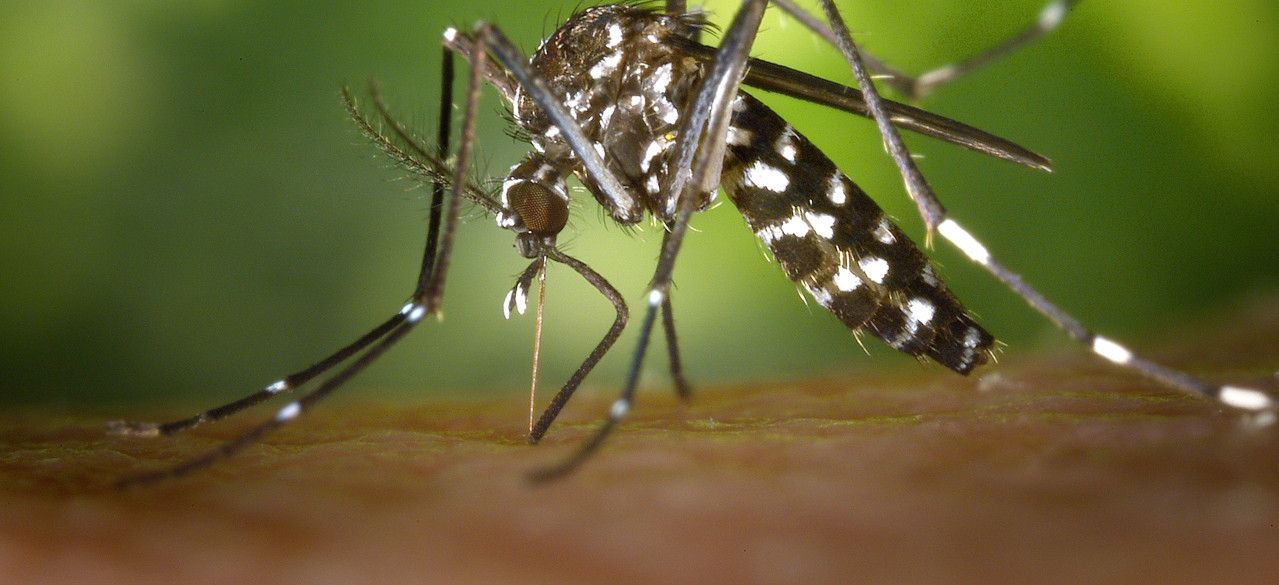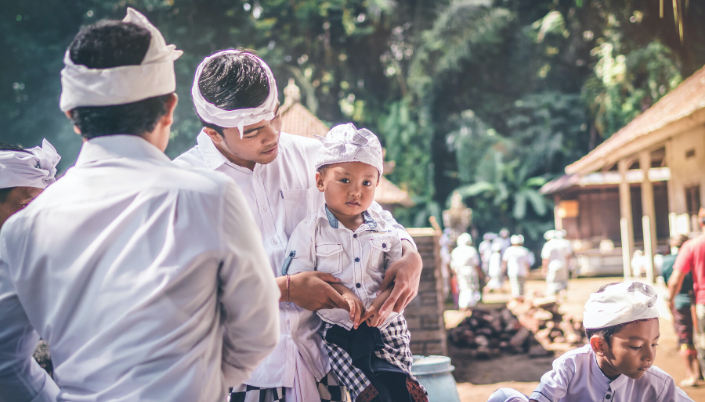

Travel Health Insurance Newsletter - November 2007
23 Jan 2009 by Olga Brighton
Travellers' diarrhoea
50% of travellers get sick either whilst travelling or within the first 6 weeks of their return, usually due to travellers' diarrhoea. This is generally caused by human contact with food, and is particularly common in food that has been handled a lot, such as hotel buffets. There are a number of simple precautions that can be taken to minimise the occurrence of this illness, which can severely disrupt a trip:
- Avoid foods which are not served hot.
- Avoid ice and drinks which are not sealed.
- Use hand sanitizer if eating food you will handle yourself.
- Other high-risk foods to be avoided include fish, shellfish, and salads.
- Get travel health insurance.

The Dukoral vaccine, to prevent cholera, may also offer protection against travellers' diarrhoea. It is always a good idea to take Imodium and some oral rehydration salts to help to prevent dehydration.
Flu vaccines
Have you had a flu vaccine this year? Many GP´s will not receive any stock until mid December, due to a delay in production, this has led to an increased demand on supplies. We are finding here at The Travel Clinic that we are getting a huge increase in the sick and elderly attending for vaccination as they are unwilling to wait until their GP gets them delivered. Book now to avoid disappointment! At The Travel Clinic Ltd we can offer vaccinations on our premises or visit work places to give them if there is a large demand.
Read also: 10 Facts About Medical Treatment Abroad
Chikungunya
We have offered regular updates on outbreaks of Chikungunya in India in our newsletters; currently 1.6 million people have been affected by this illness. In some areas of India as many as one in two of the population have caught it. Mosquitoes both during the night and the day spread this. A typical course of infection begins with rapid onset of severe joint pains, back pain may be prominent, and the joints of the knee and extremities in particular may be painful and swollen. There is associated myalgia, high fever (39-40 C) with chills, and conjunctivitis. The only way to avoid Chikungunya is to use insect repellents containing DEET on all exposed skin, clothing to cover arms and legs and use mosquito nets when sleeping.
Outbreaks in November 2007

14/11/07: Avian influenza in Indonesia (update).
13/11/07: Malaria in Nepal; Tick-borne encephalitis in Czech Republic.
10/11/07: Suspected plague in Congo DR (update).
08/11/07: Dengue fever in Cook Islands, Polynesia (French), India and Pakistan; Cholera (update) in Chad and Guinea.
07/11/07: Japanese encephalitis in India (Uttar Pradesh); Typhoid fever in Nepal and Philippines.
06/11/07: Alcohol contamination in Russia; Cholera in Kenya; Rabies (human exposure) in Denmark; Blood transfusion risk in India.
03/11/07: Rabies in S Africa (update).
02/11/07: West Nile Fever in Canada.
Travel safely with Globelink travel insurance and stay sound!
Published with the kind permission of The Travel Clinic Ltd.
Read also: Travel Health
We accept

